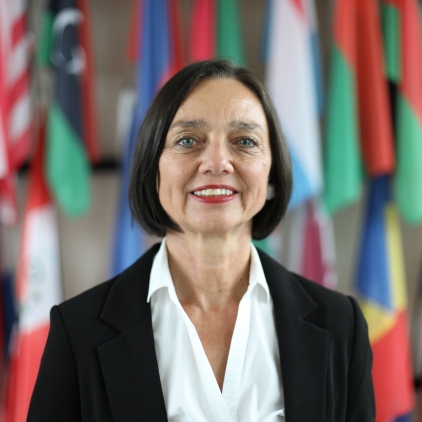Clean hydrogen presents unique opportunities for net-zero industrial development in developing countries, especially those with abundant renewable power potential. It can drive job creation, skill enhancement, investment mobilization, and energy security, while also enabling these countries to participate in the global hydrogen trade. However, various obstacles hinder the establishment of a sustainable hydrogen economy in these regions, preventing them from fully capitalizing on the potential benefits that hydrogen offers.
The most significant challenges faced by developing countries include the absence of conducive policies and regulations, appropriate standards, and quality infrastructure. Financial instruments and the necessary skills and knowledge are also lacking, along with limited access to affordable hydrogen technology, systems, equipment, and infrastructure. Furthermore, effective coordination between key stakeholders at the national, regional, and global levels remains a significant hurdle. UNIDO's program is designed to help developing countries overcome these challenges, fostering a more inclusive and sustainable hydrogen economy.






